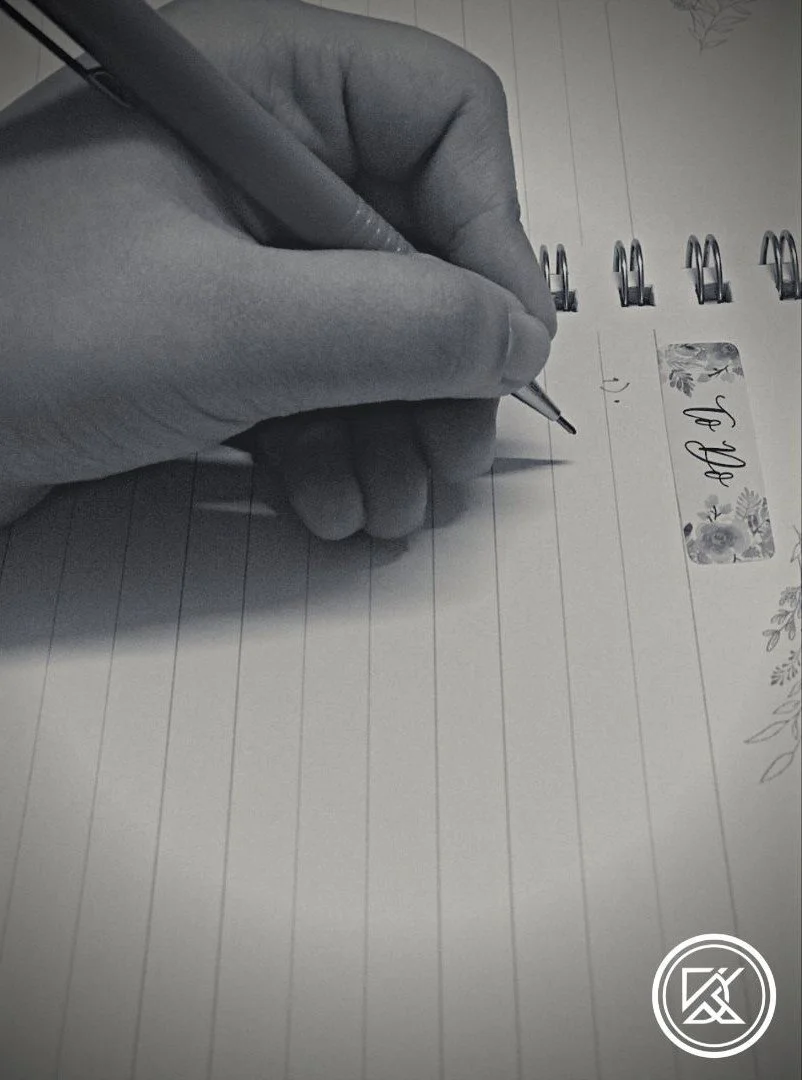Unsavory Instinct
Unsavory - What does it refer to here?
The word “unsavory” means “not particularly appetizing.” Clara’s use of this word to describe an instinctive thought was a clear and effective way to communicate her meaning. She explained that an unsavory instinct is something that she associates with discipline, which is an interesting way to think about it. Discipline is often seen as something that is unpleasant or difficult, but Clara’s perspective suggests that it can also be seen as something that is necessary and even rewarding.
What is discipline?
Discipline is most commonly described as the practice of training someone or oneself to abide by a specific set of rules. However, Clara defines this same quality as instinctive.
As Anthony D. Williams said, “Life is the best teacher.” Clara’s way of perseverance illustrates how life has taught her to gain this perspective.
In today’s world, it is not uncommon for people to identify as night owls or couch potatoes. Clara was one of them until she had to move out for college. As we all know, adulthood at 18 is full of challenges. Every aspect of life demands being in control, and yet, everything seems to go wrong.
One incident that stuck with Clara was when her central heater broke down on a November night. That day, she decided to wake up and fix the little missing blocks of the puzzle. She started by keeping track of her monthly maintenance, but as soon as that was taken care of, something else would fall apart.
It was a learning process for Clara to pinpoint that discipline was what her life was craving. She relates this to the famous Bengali proverb that says, “Man is a slave to his habits.” Every single individual has a particular language in their system. In other words, we all have our own set of “what works” and “what does not.” Discipline pertains to discovering the elements that bring about a sense of balance and congruity within our physical, mental, and spiritual selves. This is unique to each individual.
The first step toward discipline
For Clara, it began with waking up early. The first few days were not the easiest. What helped her turn it into a habit was sticking to it. Kind of like what the ancient wisdom of the realm of yoga and meditation says, “Doing a practice for 40 days will help one to break old habits that no longer serve them.” So, the fact that it took her less than 40 days to break the habit of waking up late clearly indicated that sleeping in was not serving the purpose of helping her with either her mental, physical, or spiritual health.
Secondly
In the second step, Clara incorporated some routines into her life. However, she encourages people not to make a hard and fast rulebook for themselves, as this can make the adaptation process harder. After all, life is unpredictable! Making some excuses here and there can help people connect to their spiritual selves better and reassure themselves that these sudden changes are not for nothing.
Most importantly
Mental health is often overlooked, but it is essential for overall well-being. It is strongly recommended by Clara, a student who has encountered the difficulties of adapting to unforeseen circumstances, that we prioritize our psychological well-being amidst the current situation.
Once Clara had her mental health in check, she found it easier to pursue health and fitness. She says, “Waking up early did half the job for me.” Having an organized and planned set of routines encourages one to pursue what is included. Knowing that the results would pay off in her favor was a huge motivation.
Clara’s journey to discipline did not happen overnight. She found that the earlier steps in her journey were an excellent guide to remaining patient. She says, “It is important to remember that discipline is a journey, not a destination.”
On a concluding note
Although the term “unsavory” here refers to the hardships one had to go through, it did satisfy Clara’s instinctive notions of finding the right balance between her inner self and outer environment.
A few words from Clara:
“I have noticed unbelievable changes in myself over the last couple of years. To be able to notice changes in me was in itself a blessing. This only happens when we pay enough attention to ourselves. With guilt taking over, I convinced myself that self-love is the best investment. It will pay you off over a lifetime. You can only give back when you have enough to give. Including discipline in my life was one of the best decisions I made for myself. I would not claim discipline to be a permanent solution to all problems, in my case, a broken central heater. However, discipline made me aware that I am in control of my competence.”




























